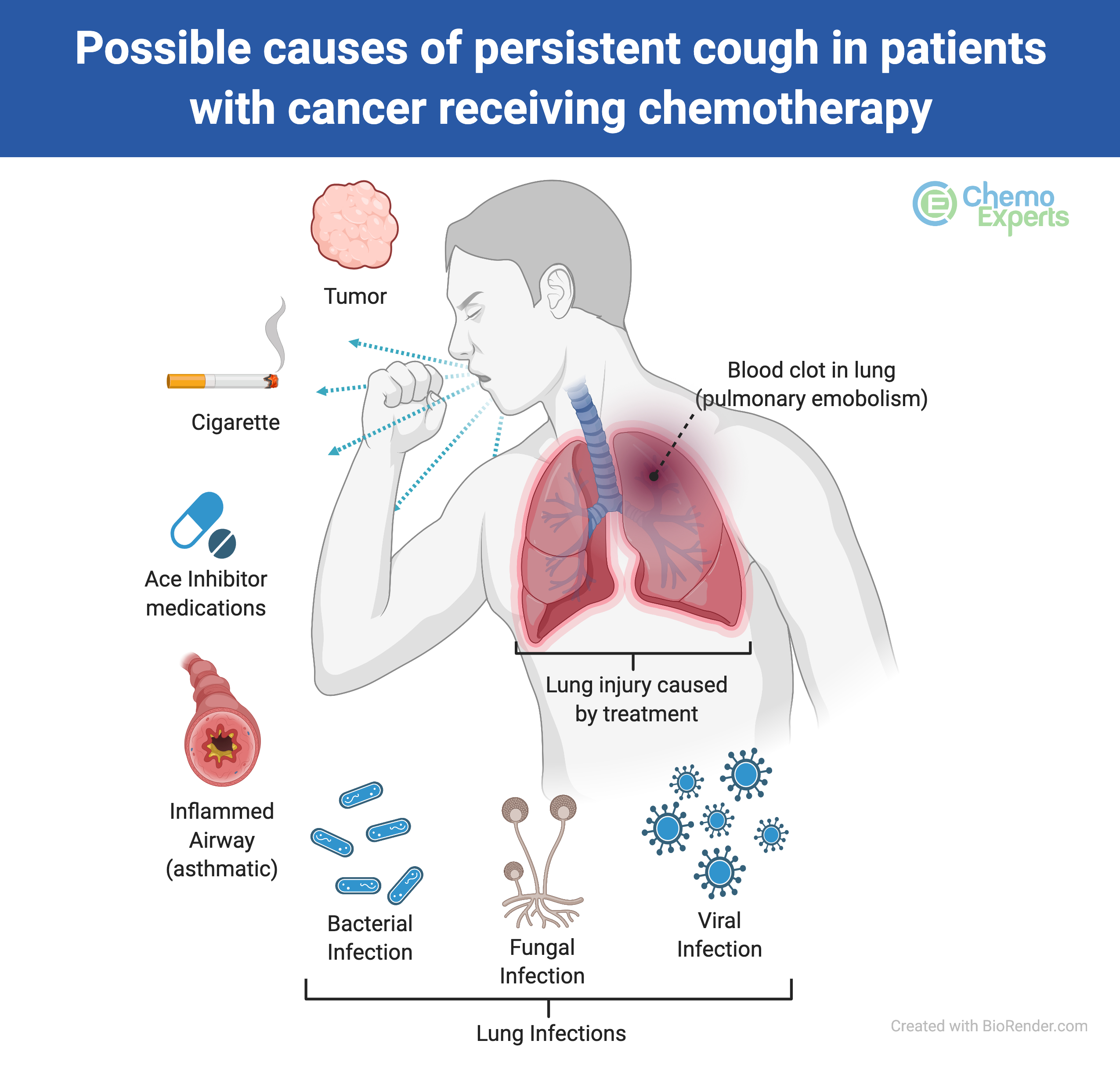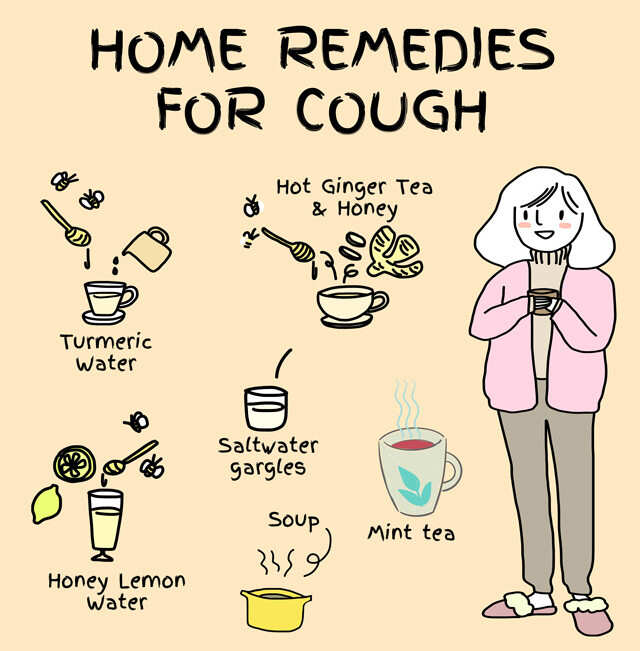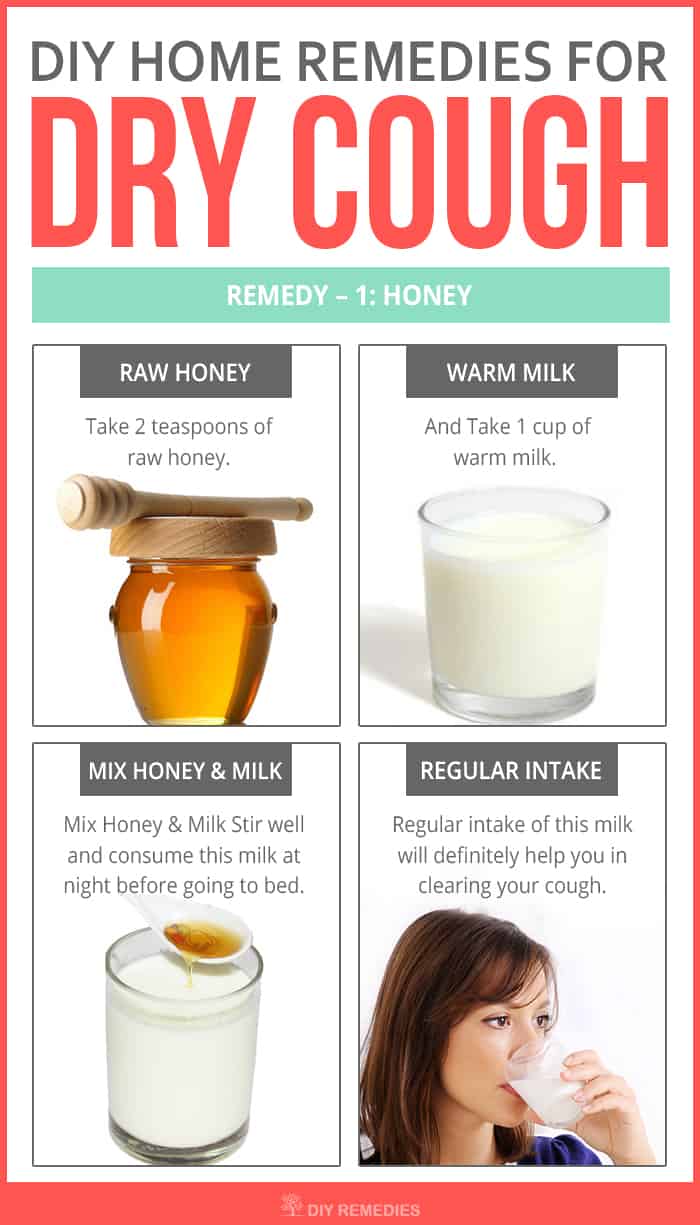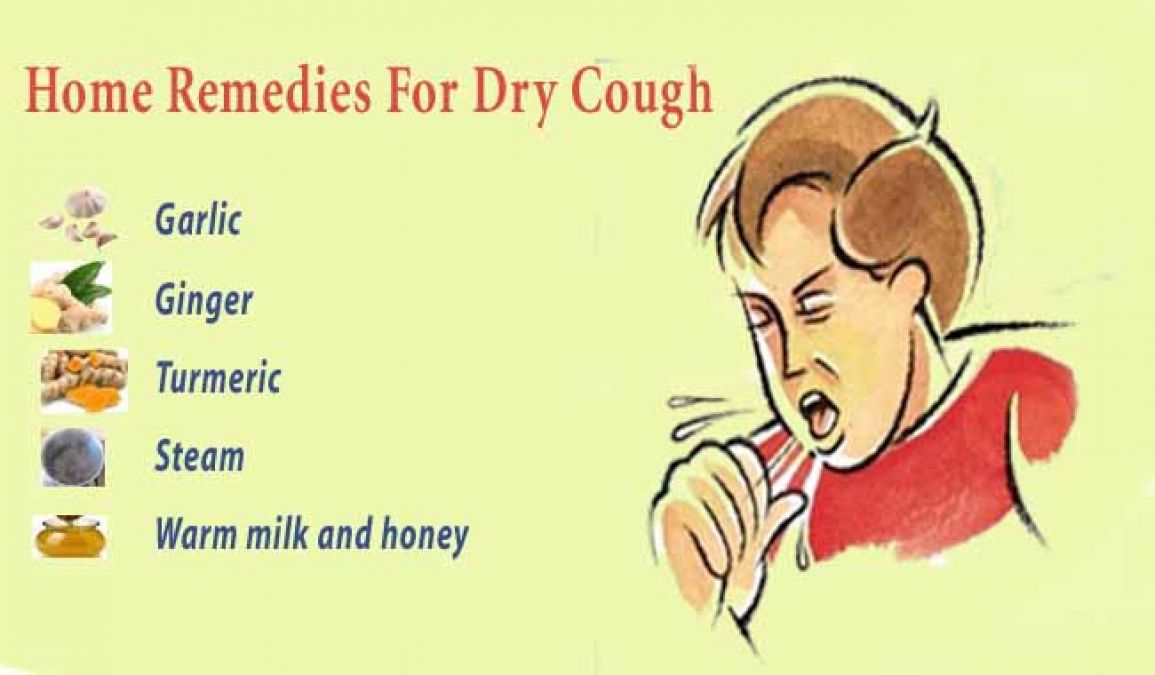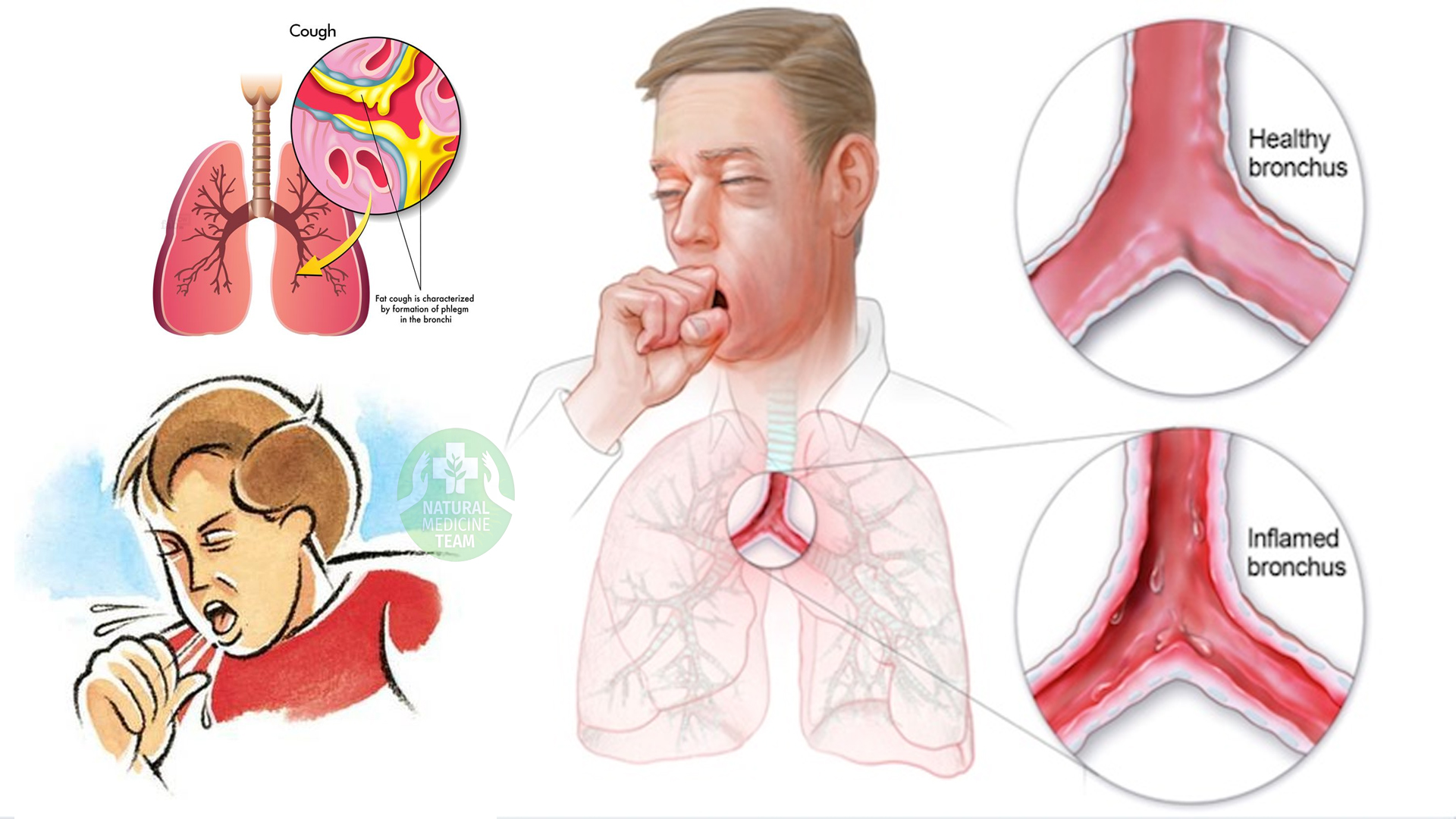Ace Tips About How To Get Rid Of Chronic Cough

The aim is to both protect the.
How to get rid of chronic cough. However, do not give honey to children under one as it may contain bacteria that are harmful to them. Many different things can cause irritation, from allergies and chemicals to an. How do you get rid of chronic cough?
The constant clearing of the throat can be a. Drink fluids.liquid helps thin the mucus in your throat. Swallow a cough suppressant to treat a chronic cough.
Then, take a small breath in and out. A number of home remedies, such as honey and saltwater, may help a cough go away naturally. Other natural remedies include aloe and menthol.
Chronic cough is a cough that lasts more than eight weeks in adults and four weeks in children. Copd is a group of diseases, including emphysema, chronic bronchitis, and chronic obstructive asthma, that make it hard to get air in and out of your lungs.
Put a hand over your mouth and swallow. Learn the signs of a chronic cough, common causes and what you should if if you think. Hold your breath for 5 to 10 seconds before taking more small, careful breaths for.
These can help reduce inflammation of the upper airways. In the meantime, you can also try these tips to ease your cough: Chronic cough is when you have a cough that lasts for eight weeks or longer.
63 likes, tiktok video from doctormotley (@doctormotley): Warm liquids, such as broth, tea or juice, can soothe your throat. Medications may include inhaled corticosteroids or bronchodilators (for asthma), antihistamines and decongestants (for.
The following causes, alone or in combination, are responsible for the majority of cases of chronic cough: Follow the plan your doctor gives you for treating the cause of your cough. Read on to learn about medical and.
It can be caused by various conditions, such as asthma, acid reflux, copd, or infections. Hard candy, cough drops, or honey can help to soothe your throat. A chronic cough is a cough that lasts for more than six to eight weeks.
A throat tickle is often a sign that your upper airway (nose, mouth and throat) is irritated. People can cough on purpose or spontaneously in a protective reflex action. Suck on cough drops or hard.

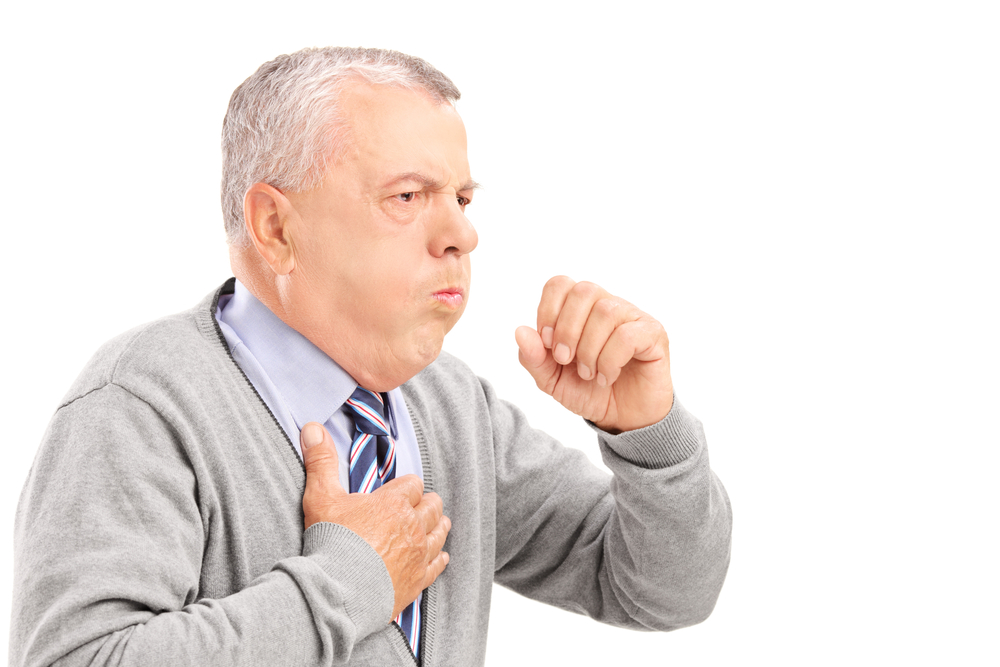
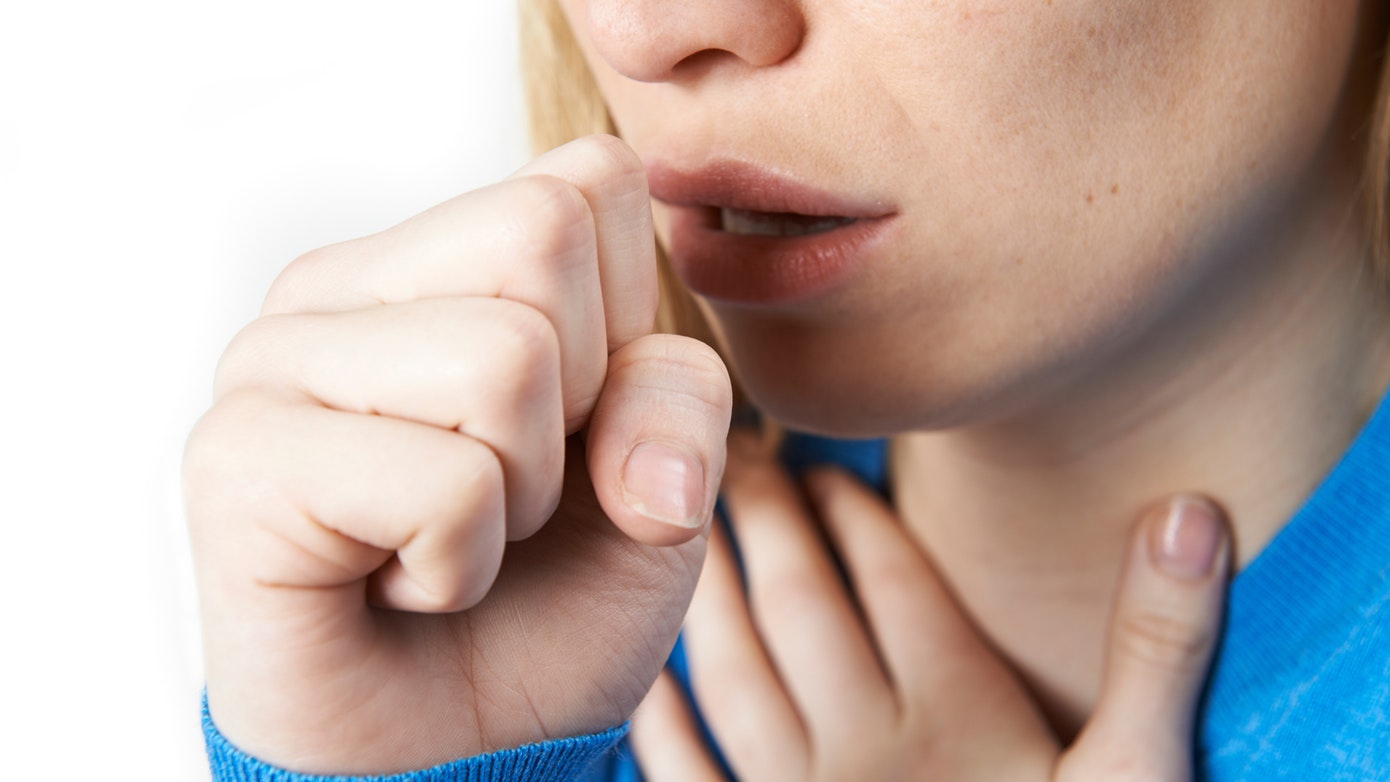



:max_bytes(150000):strip_icc()/remedies-for-dry-cough-200667_final-447834c4043e416a8c7a9dff074a76af.jpg)
